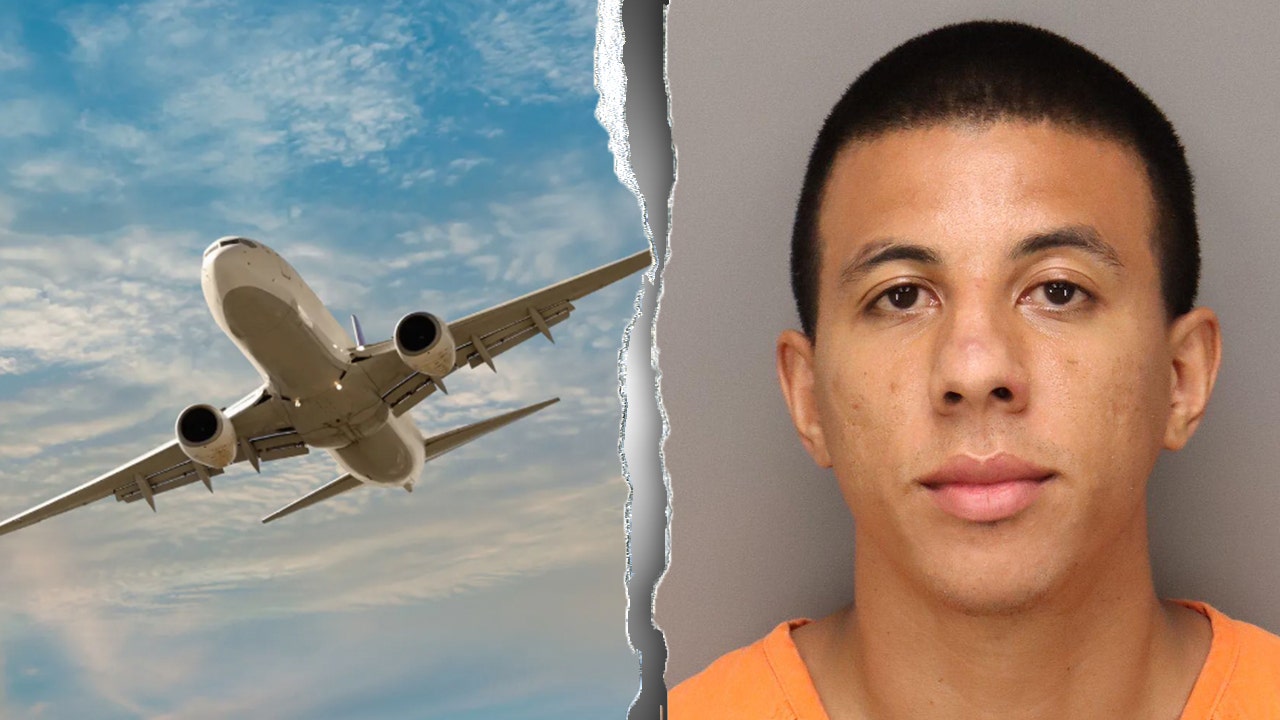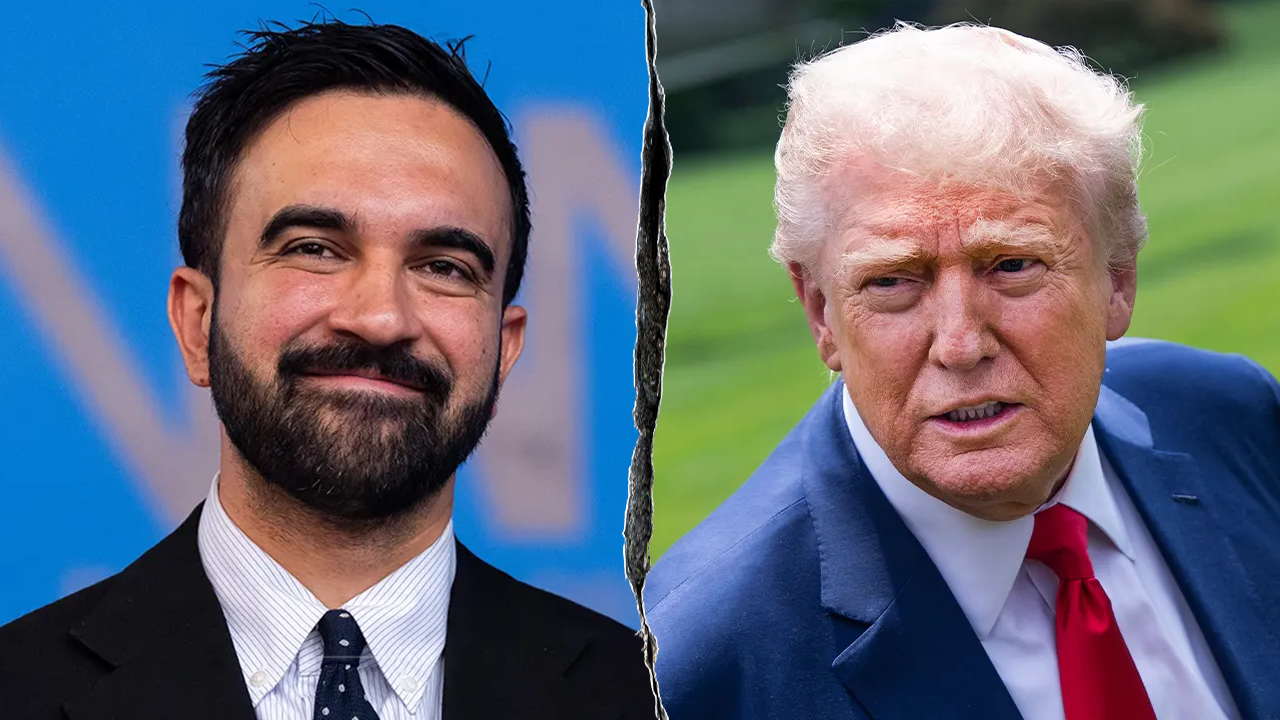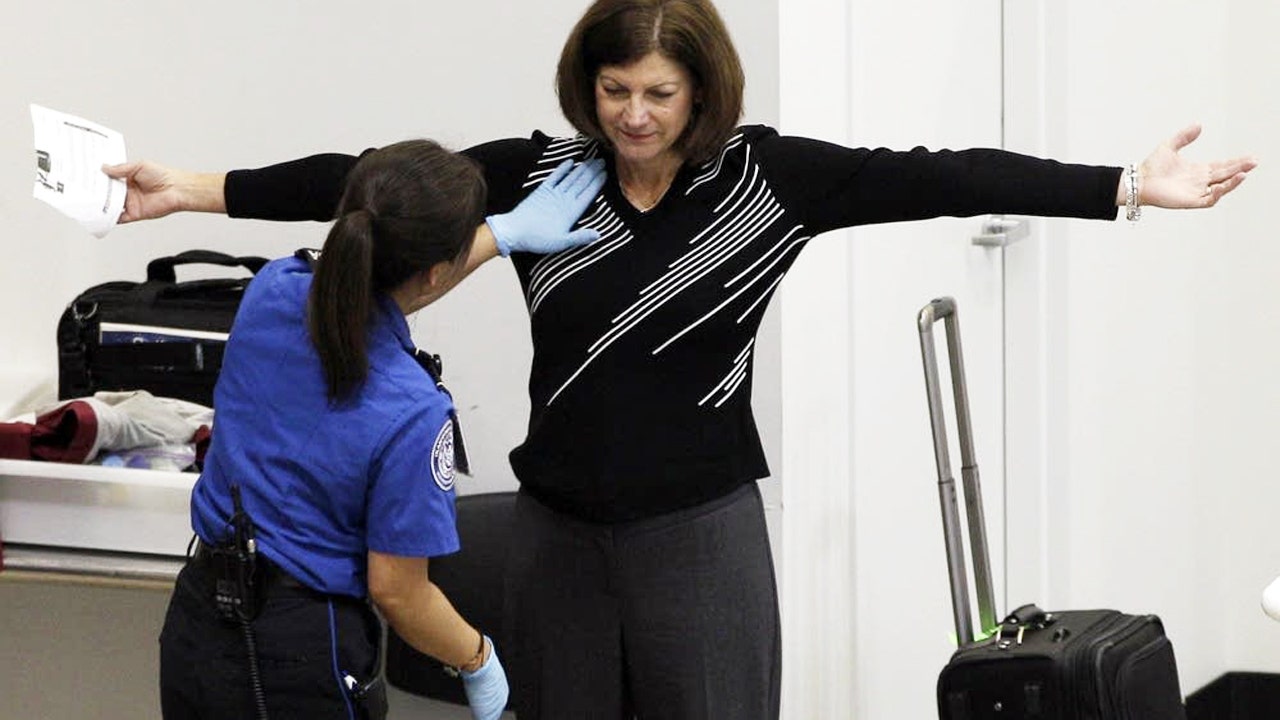In a world where textbook-worthy events are unfolding in real time, my generation, Gen Z, is failing to learn about or engage with them. Weakened by education gaps lingering from pandemic education and social media overuse, our attention spans and subconscious biases conspire to block real and necessary knowledge from penetrating.
And when it comes to Israel, Gen Z has repeatedly shown its Achilles’ heel: we discard virtually any chance of understanding its history if it doesn’t fit into an Instagram infographic. I experienced this firsthand after I spent time in Israel during the summer of 2024 on a four-week learning experience in the Holy Land with 40 other Jewish teens from all over North America.
Each year since 1958, the Union for Reform Judaism (URJ) has sent upwards of 500 16-year-olds to Israel on a summer cultural heritage trip. The teens complete a full itinerary of riding camels, swimming in the Dead Sea, and exploring marketplaces.
While that was the trip I grew up expecting to go on as a longtime attendee of the URJ’s Camp Eisner, it was not the trip I got. The October before the summer I was supposed to go, Hamas—the current governing party of Gaza and a recognized terrorist group—planned and executed a massive attack on Israel.
They took hundreds of hostages, killed 1,200 civilians, and injured countless more. There was terror, turmoil, and upset worldwide. In the past, my summer camp had sent dozens of kids on this trip each summer, but in the weeks after the Hamas attack, so many campers from my cohort pulled out of the trip that registration dropped to two attendees from Eisner. Me and my best friend.
During my time in Israel, we were given the opportunity to speak with a wide range of people and grew to understand many new perspectives. Speaking with an Israeli settler who lived on legally Palestinian land was eye-opening, because his point of view reinforced the traditional Zionist mantra of Israeli land belonging to the Israeli people exclusively.
Days later, we went as a group to Tel-el Ful, the abandoned palace of the last Jordanian king who tried to settle in Israel. There, we spoke with Ashraf al-Ajrami, the former Palestinian Minister of Prisoners’ Affairs. He himself had served in an Israeli prison and gave us his views on the complex relationship between Hamas and the Palestinian Liberation Organization (PLO).
We spoke to dozens of others across the political spectrum, including Israeli and Muslim teens. These experiences forced us to balance our personal beliefs and ethics with those of other religions, nationalities, and political affiliations.
Palestinians and Israelis have faced a challenging history, and new tensions have arisen from the war. These conversations made me realize that the extreme media narratives of Zionist domination of Gaza versus “From the River to the Sea” were not the norm.
When I returned to my public school in New York City, I had learned more about my own culture and picked up some Hebrew. I had tried falafel and bourekas, and seen hundreds of sights from the top to the bottom of the country, just like a visitor could at any other time.
But after four weeks in Israel during the war, I had also developed a more informed and nuanced understanding of the conflict. I had acclimatized to a new world and was looking forward to coming back and sharing it with my peers.
However, after my return, talking about my experience in Israel with friends held onto a slightly ominous undertone: the realization that the bulk of them were confused and even misinformed about the place I was speaking of. Even worse: they appeared to be unwilling to learn anything that didn’t confirm their prior beliefs about the conflict happening in Israel and Gaza.
As I made my way through the first weeks of eleventh grade, I saw that this wasn’t necessarily an intrinsic flaw of my peers: there was a lack of easily available and credible sources for the information they needed to understand. Another obstacle was having the attention span to read a full-length verified article or watch an entire news segment.
As I proudly wore my “life” in Hebrew necklace throughout the city, it wasn’t as a show of protest or in a nationalistic way, but as a reminder to myself of what I had learned and experienced every day for four weeks in Israel. Returning to the United States had not only confronted me with the issue of my peers’ ignorance, but also the struggle to retain the new perspectives I had gained.
I knew that as a part of such a small cohort, I had a responsibility to my peers to disseminate what I had learned. There was a disconnect, and what caused it would have to be figured out along the way.
One obvious culprit is social media. It’s a blatant distraction is but the tip of the iceberg—the real danger lies in how platforms train us to only skim articles, avoiding any real understanding of complicated issues such as the Israeli-Hamas conflict. It suppresses critical thinking skills, degenerating our minds with a highly trained algorithm.
A daily stream of AI-generated war scenes mixed in with some inaccurate, but nonetheless very urgent-looking, infographics manages to distract from the truth well. A 2022 study by the American Press Institute on Gen Z’s news consumption habits found that 74% of Gen Z gets news daily from social media platforms, a trend that underscores our addictive reliance on often unreliable, superficial information.
It takes a lot of restraint to remain immune to this content—your favorite influencers, friends, and idols are amplifying this misinformation with calls to action. It brings a strong sense of control to feel like a part of something while behind a screen, safe from any harm.
This practice of “slacktivism”, which has been growing in popularity since the creation of the internet but has been intensified by Gen Z, is only perpetuating the problem.
Even people who avoid social media aren’t safe from this plight. We, as a generation, have been socially and educationally stunted by COVID-19. Missing those fundamental years of middle school, replacing them with remote learning and virtual social connections didn’t only dramatically decrease literacy levels it also gave our generation the trademark of operating behind the facade of a filtered reality, one with such a lack of accountability that it confirms our prejudices and makes us feel powerful by tapping the screen.
According to a Microsoft survey in 2015, since the year 2000 (or about when the mobile revolution began) the average attention span dropped from 12 seconds to eight seconds. In the past 10 years, with the added virtual push from COVID, that has surely declined even more.
Seduced by snappy TikTok and Instagram accounts that allegedly give the “underrepresented youth” a voice in politics, Gen Z often, if not completely, skips the necessary steps of research and verification before supporting a cause.
Because of this, I knew that my privilege to have learned as much as I did over the summer wasn’t something I should keep to myself. Despite the many challenges surrounding my peers’ willingness and ability to learn, it’s frustrating to watch students passively ingest misinformation and then turn around and defend it with their lives.
When my peers are proven wrong, it hurts their credibility, their feelings, and, most unfortunately, their ability and motivation to keep learning. Education surrounding conflicts as intricate and precarious as the Israeli-Hamas war was never meant to be static or one-sided. The most important factor is that it should be complex, multifaceted, and ever-changing.
The antidote to the isolation caused by screen overuse and divisive “sides” can only be communication. Not just education, but real conversations with people who may disagree with you. We must have open minds, genuinely listen to each other, and ask questions.
By pushing to have authentic conversations and to interpret information critically, I am taking my stand against misinformation that only leads to more hate and conflict. By engaging face-to-face instead of having social media fights, we can combat the onslaught of cyberbullying towards anyone choosing a “side.” Nobody should have to face threats of violence if they are sincerely representing what they believe in and have researched.
Finally, in recognizing that students have consistently failed and been failed in our attempts to learn about and fight against this war, we can change the inconsistent and harmful online narrative for ourselves and future generations who will rely on the same sources. The world doesn’t need young people who aimlessly and aggressively fight with one another. It needs young people who are willing to truly learn.
An 11th-grader at Fiorello H. LaGuardia High School in Manhattan, Cleopatra Greengard aspires to be in public relations at an advocacy organization or charitable foundation.
Read the full article here
















